The Internet of Things (IoT) has transformed the way we interact with technology, connecting devices and enabling intelligent decision-making. To build robust and scalable IoT solutions, organizations often rely on cloud platforms that offer the necessary tools and infrastructure. In this blog, we will compare three leading cloud platforms, namely AWS (Amazon Web Services), Azure (Microsoft Azure), and Google Cloud, with a focus on their capabilities and features for developing IoT solutions. By exploring the strengths and weaknesses of each platform, organizations can make informed decisions when choosing the ideal IoT platform for their specific requirements.
AWS IoT Platform
- Overview of AWS IoT Platform
AWS IoT provides a comprehensive set of services and tools for building, deploying, and managing IoT applications at scale. It offers features such as device management, secure connectivity, data ingestion, rule-based processing, and integration with other AWS services.
- Key Features of AWS IoT Platform
- Device Registry and Management:
AWS IoT offers a device registry to manage and track IoT devices, along with device management functionalities for secure provisioning, updates, and remote management.
- Device Gateway and Messaging:
It provides a secure and scalable MQTT-based device gateway for bidirectional communication between devices and the cloud, ensuring reliable data transfer.
- Rules Engine:
AWS IoT includes a rules engine that allows users to define rules and actions based on incoming device data. This enables real-time data processing, transformation, and routing.
- Integration with Other AWS Services:
AWS IoT seamlessly integrates with various AWS services, such as Lambda, S3, DynamoDB, and AWS IoT Analytics, enabling advanced analytics, storage, and application development.
Azure IoT Platform
- Overview of Azure IoT Platform
Azure IoT is a comprehensive platform that provides a wide range of services and capabilities for building and managing IoT solutions. It offers features like device provisioning, secure connectivity, data ingestion, real-time analytics, and integration with Azure services.
- Key Features of Azure IoT Platform
- Device Provisioning:
Azure IoT includes a device provisioning service that simplifies the process of registering and provisioning large numbers of devices, enabling rapid deployment.
- IoT Hub:
Azure IoT Hub serves as a cloud-based messaging and device management service, providing bidirectional communication, device-to-cloud telemetry, and cloud-to-device commands.
- Azure Stream Analytics:
This service enables real-time analytics and complex event processing on incoming IoT data streams, allowing organizations to gain immediate insights and trigger actions.
- Integration with Azure Services:
Azure IoT seamlessly integrates with various Azure services, such as Azure Functions, Azure Storage, and Azure Machine Learning, facilitating advanced analytics, storage, and AI capabilities.
Google Cloud IoT Platform
- Overview of Google Cloud IoT Platform
Google Cloud IoT offers a suite of services and tools for building, connecting, and managing IoT devices and applications. It provides features like secure device registration, real-time data processing, and integration with Google Cloud services.
- Key Features of Google Cloud IoT Platform
- Device Registry:
Google Cloud IoT includes a device registry for managing and tracking IoT devices, with support for secure device authentication and registration.
- Cloud Pub/Sub:
This service enables scalable and reliable messaging between devices and the cloud, facilitating real-time data ingestion and processing.
- Cloud IoT Core:
Google Cloud IoT Core serves as a fully managed service for device management and secure bidirectional communication between devices and the cloud.
- Integration with Google Cloud Services:
Google Cloud IoT seamlessly integrates with other Google Cloud services, such as BigQuery, Dataflow, and Machine Learning Engine, enabling advanced analytics, storage, and AI capabilities.
Conclusion
When it comes to selecting the right IoT platform for your organization, it’s essential to consider factors like scalability, device management, data processing capabilities, and integration with other services. AWS, Azure, and Google Cloud are all robust platforms that offer a wide range of features and services for IoT solutions. AWS IoT excels in its integration with the broader AWS ecosystem, while Azure IoT leverages its seamless integration with Microsoft tools and services. Google Cloud IoT offers excellent scalability and integration with Google Cloud services. Ultimately, the choice of platform depends on your specific requirements and existing technology stack.
FAQs
Q1: Are AWS, Azure, and Google Cloud the only options for IoT platforms?
A1: No, there are other IoT platforms available in the market. However, AWS, Azure, and Google Cloud are widely recognized and trusted platforms with extensive capabilities and a strong developer community.
Q2: Can these platforms handle large-scale IoT deployments?
A2: Yes, all three platforms are designed to handle large-scale IoT deployments. They offer scalability features, such as device management, messaging, and data processing capabilities, to accommodate millions of devices and vast amounts of data.
Q3: Can these platforms support cross-platform connectivity?
A3: Yes, AWS, Azure, and Google Cloud IoT platforms offer support for various IoT protocols and connectivity options, allowing cross-platform connectivity and interoperability with different IoT devices and systems.
Q4: Can I migrate my IoT solution from one platform to another?
A4: While migrating an IoT solution from one platform to another can be complex, it is possible. However, it requires careful planning, data migration, and application redevelopment to ensure compatibility and seamless transition between platforms.
Q5: Can these platforms handle real-time analytics and machine learning for IoT data?
A5: Yes, all three platforms provide capabilities for real-time analytics and integration with machine learning services. They allow organizations to derive actionable insights and leverage AI capabilities for intelligent decision-making based on IoT data.

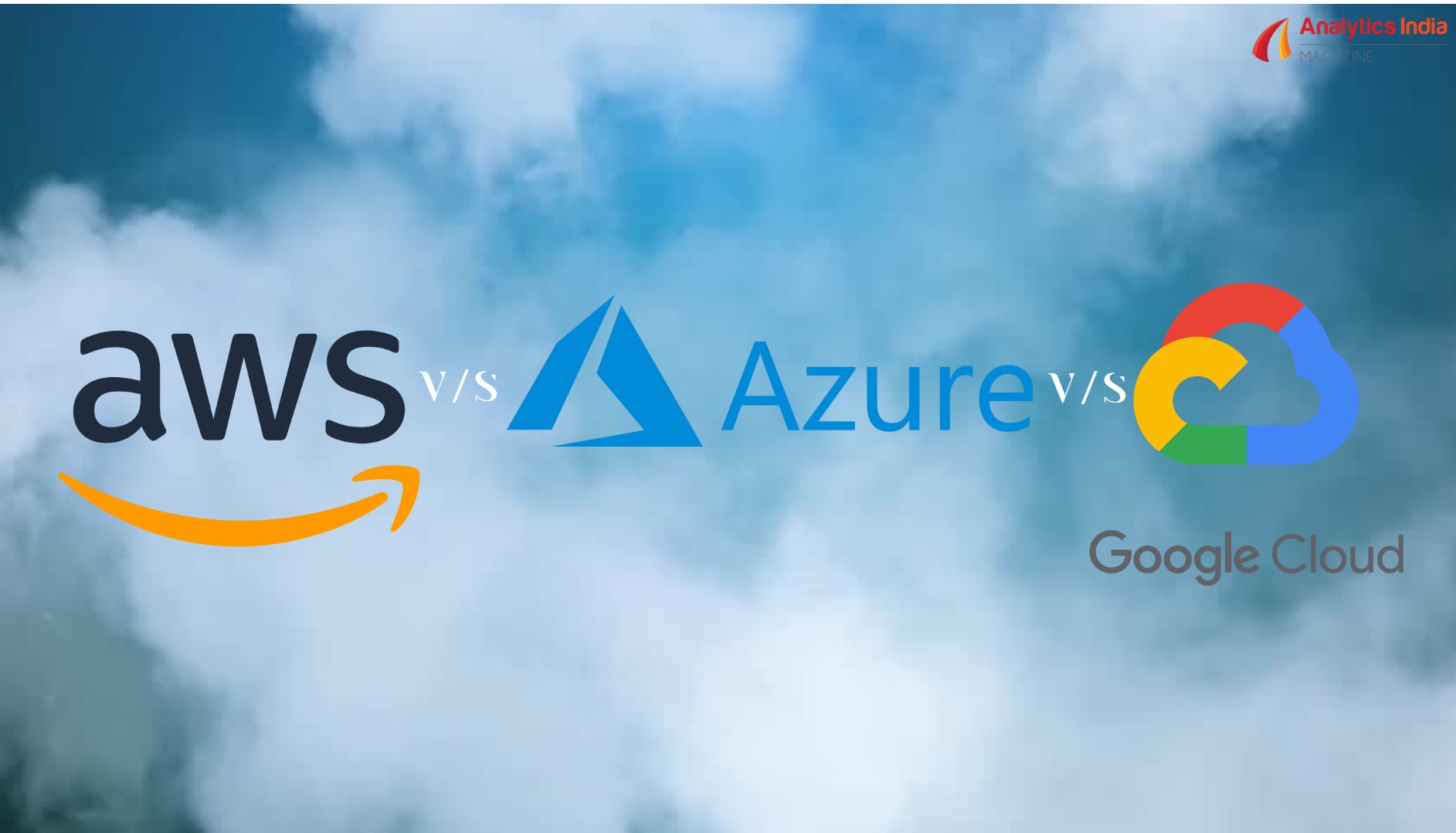
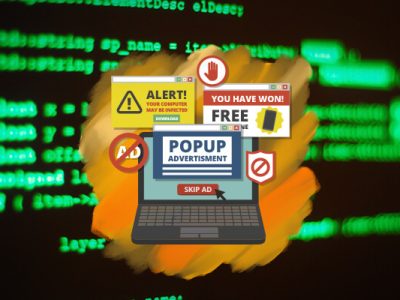
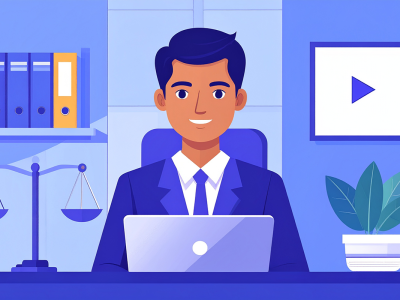
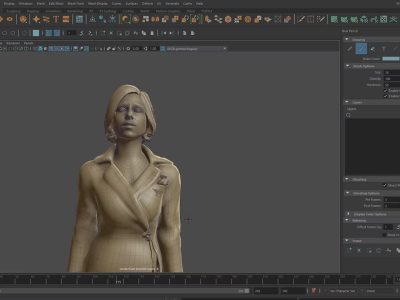
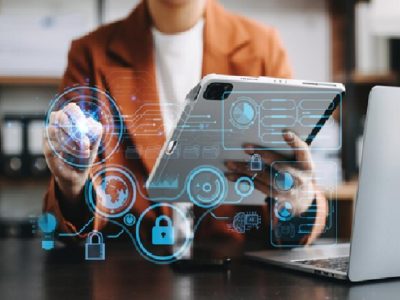
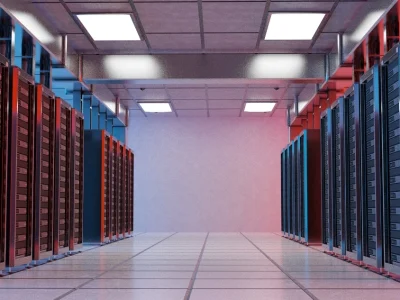
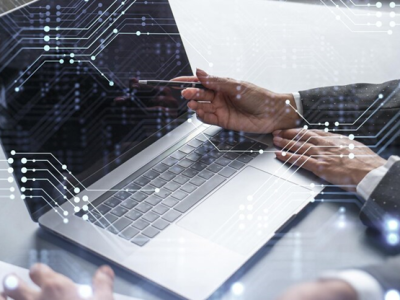
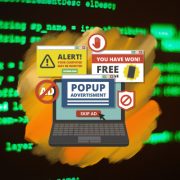



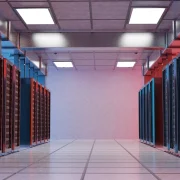
Comments